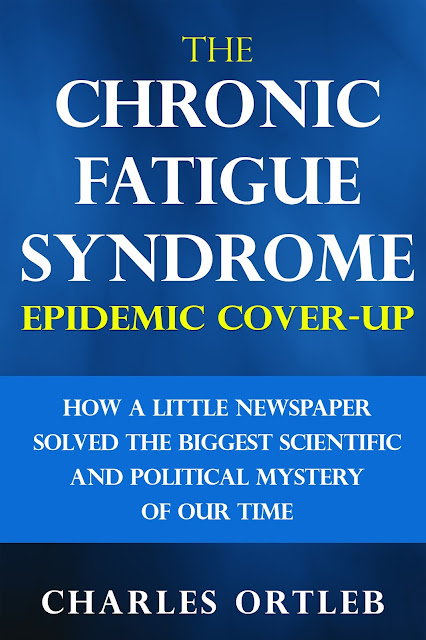At the Amsterdam Conference in 1992, cases of AIDS without HIV were revealed. Speculate what would have happened if that was perceived as the Black Swan moment proving HIV is not the cause of AIDS.
From Perplexity
At the Amsterdam Conference in 1992, cases of AIDS without HIV were revealed. Speculate what would have happened if that was perceived as the Black Swan moment proving HIV is not the cause of AIDS.
If the AIDS cases without HIV revealed at the Amsterdam Conference in 1992 had been widely perceived as a genuine "Black Swan" moment disproving HIV as the cause of AIDS, it would have dramatically changed the trajectory of AIDS research, public health policy, and patient care.
Immediate Impact on Scientific Consensus
The scientific community would have shifted away from the prevailing "HIV causes AIDS" model, prompting a search for alternative causes such as new or previously unknown viruses, environmental toxins, immune system disorders, or co-factors.
Funding and attention would move to identifying, isolating, and understanding possible new agents—such as the human intracisternal retrovirus (HICRV) discussed in these 1992 cases—instead of focusing exclusively on HIV research.
Public Health Consequences
Existing HIV-targeted testing, prevention, and treatment programs would have come under scrutiny or possible suspension, with resources redirected to broader surveillance and alternative approaches.
Confusion and anxiety could have increased globally as the public’s confidence in established science was shaken, possibly undermining preventive efforts and leading to greater misinformation and stigma.
Policy and Political Fallout
Government agencies and international organizations would likely reevaluate all current guidelines regarding HIV and AIDS, resulting in delays or reversals in policy implementation and funding priorities.
Activism might intensify both among skeptics of the HIV-AIDS paradigm and among those who benefited from established programs, leading to debates on scientific standards and the politics of disease classification.
Long-Term Ramifications
If HIV were no longer seen as the cause, the gene-targeted therapies and antiretroviral treatments that later saved millions might not have been developed or funded, delaying effective management of AIDS.
In the absence of a clear cause, clinical management of patients with AIDS-like illnesses would become more challenging and less standardized.
The public health community would need years, possibly decades, to establish a new explanatory framework, exacerbating the toll of the global AIDS epidemic.
If the Amsterdam 1992 cases were accepted as proof against HIV causation, the field would have faced upheaval, redirected research, and delayed lifesaving therapies—fundamentally altering the course of the epidemic.










